In a collaboration between RAD-AID International and the Syrian American Medical Society, I will travel to the Zaatari refugee camp located 90 km outside of Amman, Jordan. The trip will last 6 days; 4 days will be spent at the camp providing ultrasound interpretations with the remaining 2 days spent hosting a workshop for Jordanian medical students on how to perform a point of care ultrasound examination. Providing interpretations for patients in Zaatari will directly impact their medical care, while hosting workshops for medical students will have a multiplicative effect as these practitioners will apply what they learn to a much larger population then we will be able to exam during our short time in-country.
80 000 displaced Syrians call Zaatari home, with some having resided in the camp since its opening in 2012. There is a scarcity of functioning medical imaging equipment within the camp, further complicated by a reliance on clinicians for image interpretation, who intermittently travel to the camp with international medical groups. Compounding this limited availability of resources, fewer than one-fifth of the camp’s inhabitants have a work permit, causing a financial strain which further limits access to equitable healthcare. Hypertension and diabetes are the 2 most common chronic conditions found within the camp; the residents will benefit from ultrasound examinations which will evaluate for complications from these prevalent noncommunicable diseases; we will also provide ultrasound evaluation for expecting mothers, patients with vascular disease, liver disease as well as other conditions in order to provide equitable healthcare for a marginalized community. Furthermore, educating medical students on ultrasound technique and diagnosis will have an impact on the local community beyond our time in-country.
Patients that are imaged during our time in country will be appropriately referred for management of conditions identified on sonographic exam. However, we expect to have the largest impact on local healthcare by educating Jordanian medical students on ultrasound technique and interpretation. Once our trip concludes, we will continue to provide education by leveraging video-conferencing technology as well as by providing access to online resources for ultrasound hosted on RAD-AID’s website.
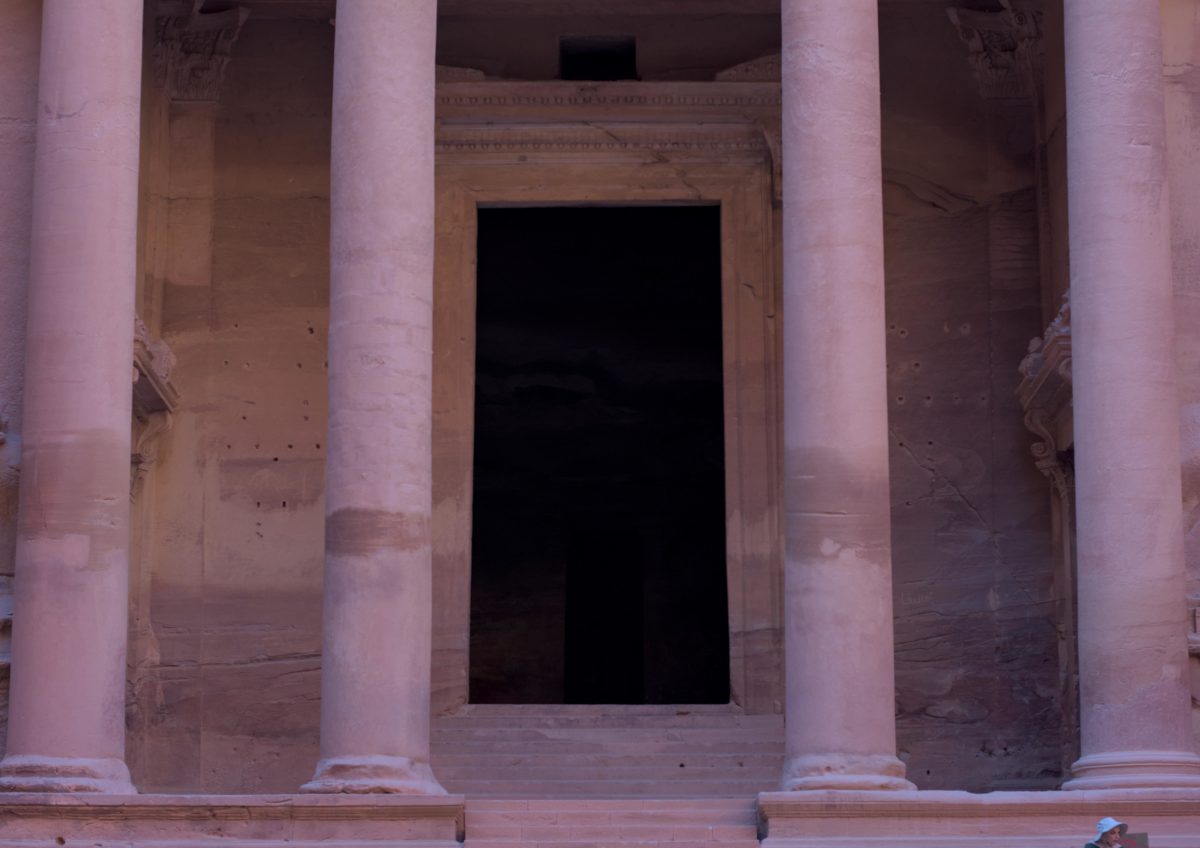
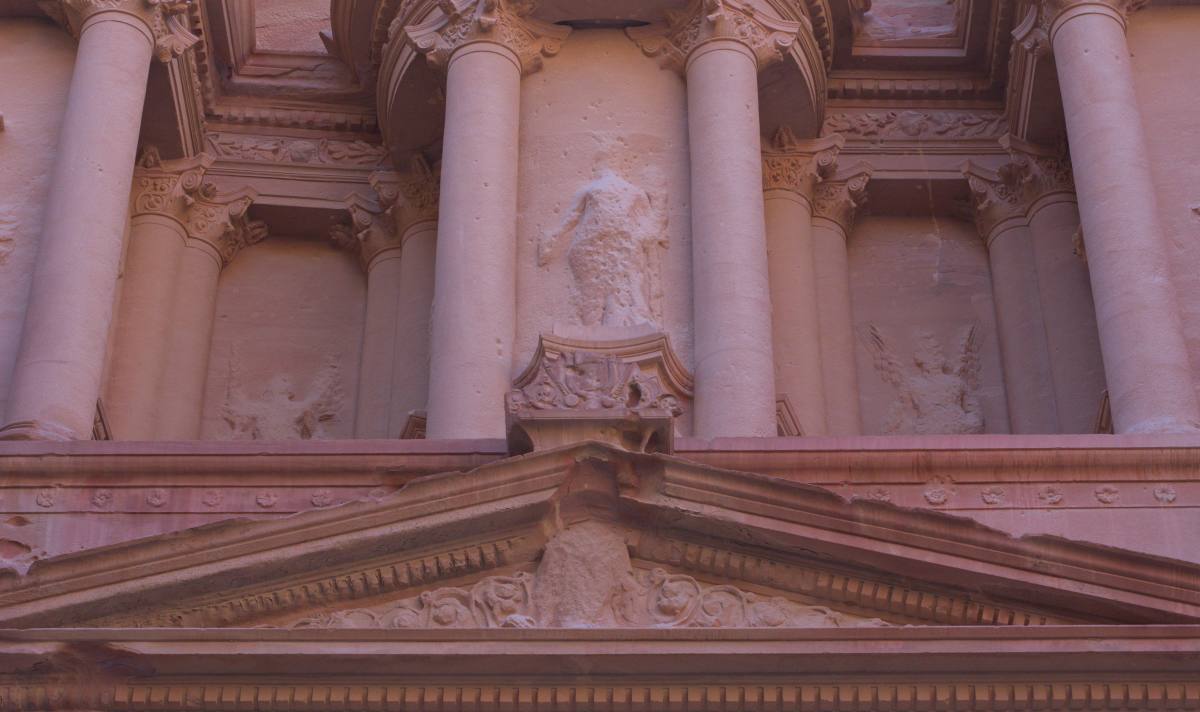

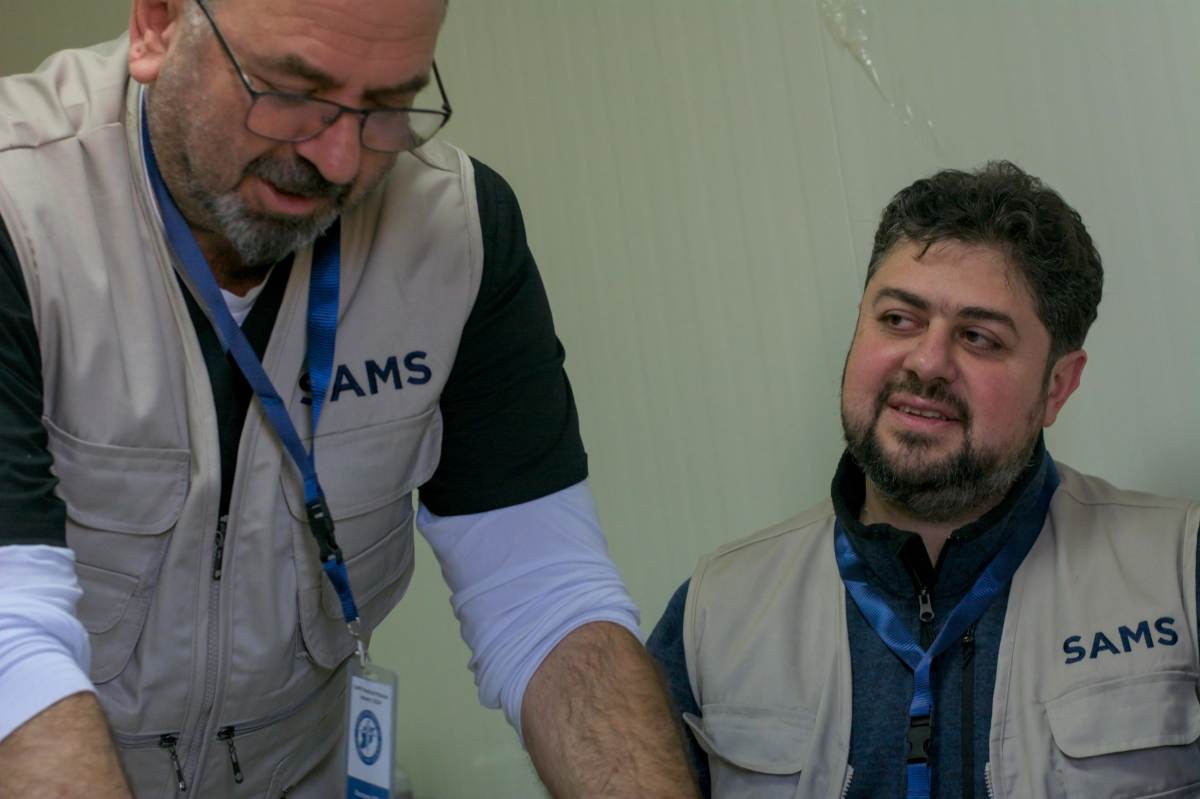

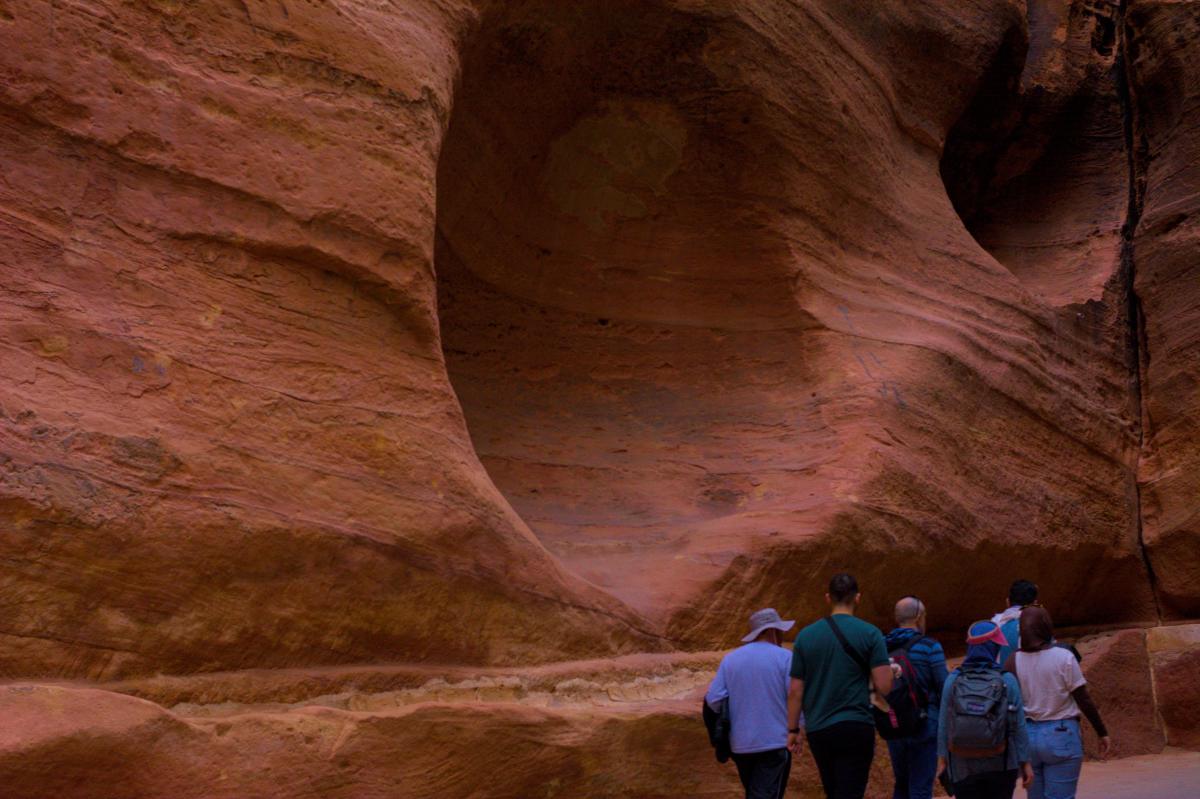


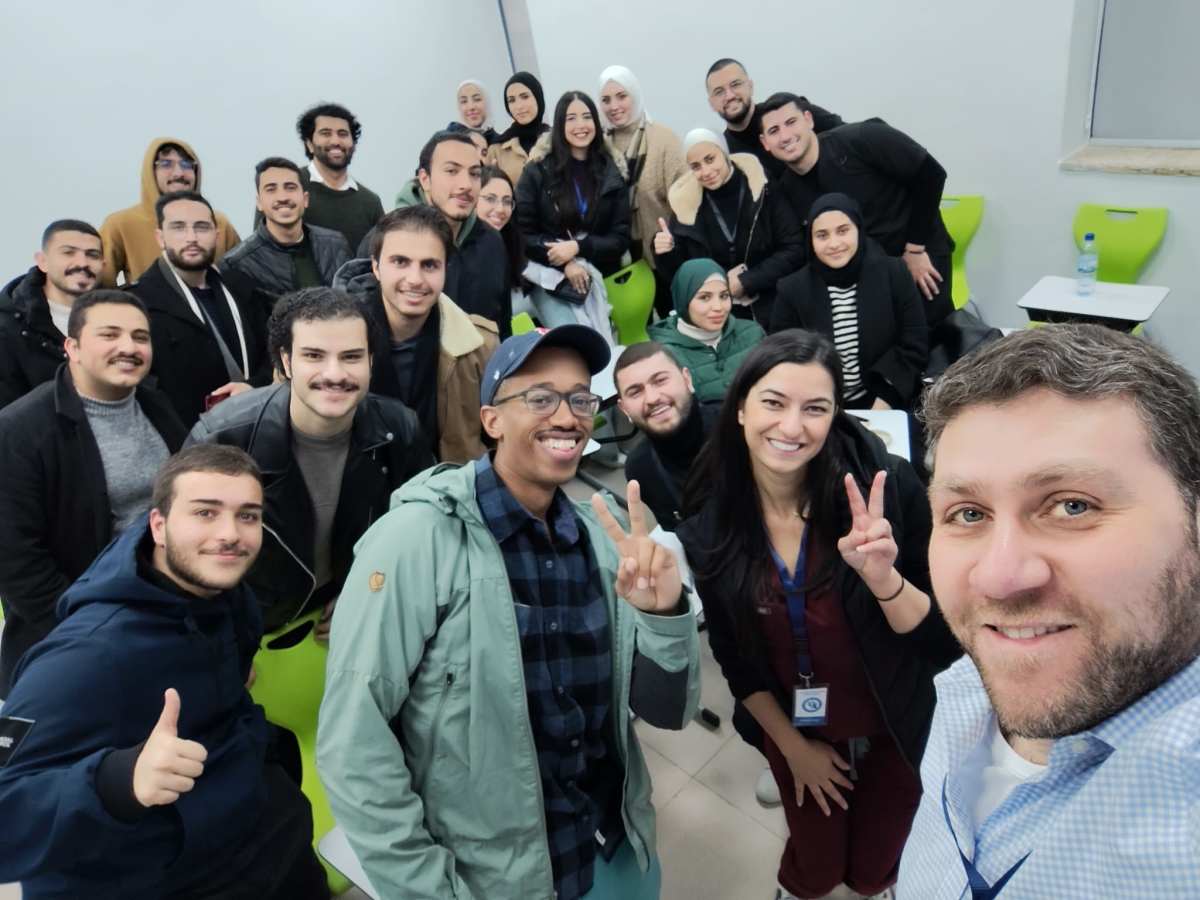









The state of Jordan was created in 1921, however its land has been inhabited by humans dating back to the Paleolithic era. Existing at the intersection of various civilizations, Jordan has a long tradition of intercultural exchange. Petra, located in southern Jordan, was the ancient capital of the Nabataean kingdom, and was an important economic hub alongside contemporary ancient Greek and subsequent Roman civilizations. Excavations have revealed the city’s cultural influences through its architecture; however, we must acknowledge that not all forms of intercultural exchange are positive for both participants, particularly when considering the deleterious effects of colonialism. The BMJ recently published an article acknowledging this (https://www.bmj.com/decolonising-health), concluding that ‘[humanity would collectively benefit from a deeper inquiry into] how present inequities and lack of progress in health are linked to a failure to confront colonial pasts.’
Prior to beginning our medical mission, we were fortunate to visit the ancient city of Petra. Al-Khazneh (also known as ‘The Treasury’) is the first structure one encounters when entering Petra and is an architectural relic that captures the interconnectedness between Greco-Roman and Nabataean civilizations.
After returning from Petra, we spent 4 days staffing a medical clinic within Za’atari refugee camp, home to 80 000 evacuees from the ongoing humanitarian crisis in Syria. Opened in 2012 and located 70 km from Amman, Za’atari and its 8 medical clinics are co-administered by the UN Refugee Agency and the Syrian Refugee Affairs Directorate. The medical clinics are variably staffed, with some clinics providing permanent staffing while others provide staffing dependent on the volume of volunteers assigned to the camp.
Dr. Abdulrahman Amin, a neurosurgeon practicing in the Chicago area, was born in Syria and graduated from Damascus University Faculty of Medicine in 1969. Embarking on his first medical mission with the Syrian American Medical Society (SAMS), Dr. Amin travelled to Za’atari with his 5 sons to give back to his people. SAMS organizes 3 medical missions to Za’atari annually, in addition to organizing missions to other Eastern Mediterranean countries welcoming Syrian refugees.
Working alongside multiple subspecialities, our radiology team performed diagnostic ultrasounds at a clinic administered by SAMS. Working in a resource limited setting was an exercise in intercultural information exchange, leaving me with the lasting impression that too many inefficiencies can lead to redundancy, uncertainty, and worse patient outcomes. Thus, efficiency and team-wide goal-oriented behavior were crucial for providing patient care at Za’atari.
In addition to providing healthcare services at Za’atari, we wanted to provide educational resources to in-country practitioners. Dr. Abdullah Chahin (an intensivist based in Chicago) organized an ultrasound lecture series with an accompanying hands-on workshop, allowing us to introduce ultrasound to 120 local medical students, interns and residents. Ultrasound technology is becoming a preferred tool for point-of-care assessments, making it ideal for generating quick feedback, decreasing reliance on consult services, and creating a more direct connection to the patient. All these tenants are particularly important for a resource limited setting attempting to limit their reliance on cyclical external philanthropic support.
Humans have lived in what is modern day Jordan for millennia, existing at the epicenter of intercultural exchange. First and foremost, our profession holds as our guiding principle that we ‘do no harm’. Through our experience working with marginalized communities, we hope our profession can acknowledge the significance of our guiding principle applied to the concept of medical colonialism; we should continue advocating for values that minimize reliance on external entities and rather promote self-reliance within marginalized communities that medical practitioners are invited to as guests.